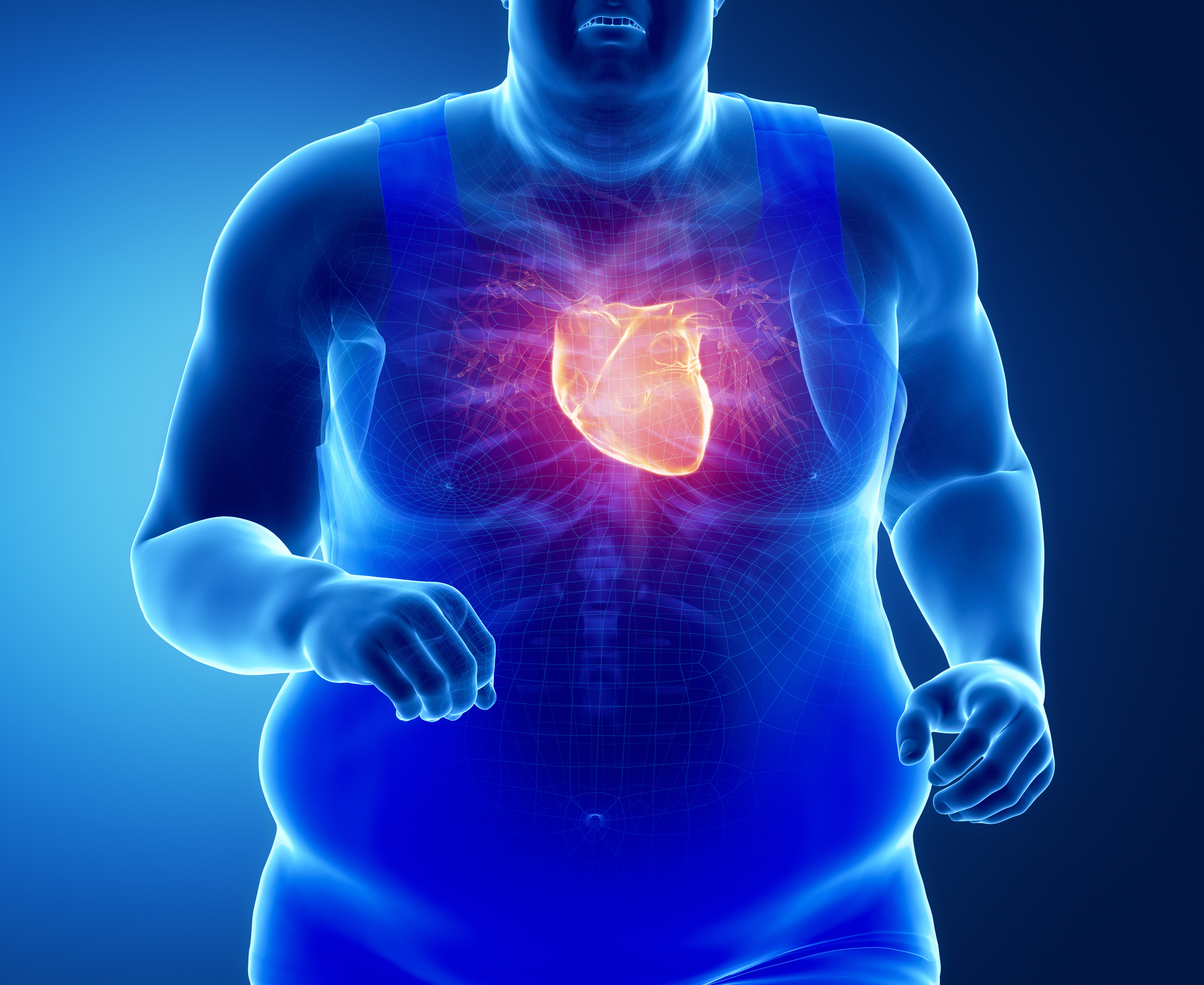The recent onset of the pandemic which was declared a Public Health Emergency of International Concern (PHEIC) by the World Health Organization on Thursday, 30th of January, 2020 has become a reality that has caused far-reaching impacts in our world. This has changed our economic, social, educational and public spheres beyond what anyone could have ever imagined.
To suffice the impact, reduced activities, less/restricted movements, physical distancing and stay-at-home orders have now been made the mainstay of public health measures. These logical modalities that are to supposedly limit the disease spread and flatten the curve have unwittingly left nations with their attendant effects.
We are beginning to feel the hit from every angle ranging from economies being badly affected, currencies’ value nosediving, social relationships on the decline to the tummies of men and women becoming rotund more than before.
WHAT DO I MEAN?
The sedentary lifestyle many of us have been forced to live because of the pandemic can be both a blessing as we spend more time with our families and also a curse as many of us have begun to put on weight.

Obesity, Over-weight, or ‘Orobo’ in a local parlance, is defined as an abnormal or excessive fat accumulation that poses a risk to health.
The unbiased way of assessing this is by making use of a tool known as the BMI (Body Mass Index). It is calculated by dividing your weight (in kilograms) by the square of your height (in meters). Everyone should have an idea of their BMI, as this gives an idea of the status of your physical health. BMIs between 19 and 25 are considered normal, between 25-30kg/m2 is considered overweight and those above 30 are categorized as obese.
On a good day, most people that are obese are not always satisfied with their bodies. Much more importantly, Obesity is associated with several chronic diseases.
Among these are Diabetes Mellitus, cardiovascular diseases (such as Ischaemic Heart Diseases, stroke), cancers (especially breast, ovarian, prostate, liver and gall bladder cancers) and even musculoskeletal disorders e.g. osteoarthritis (a degenerative disability of the joints) to mention a few. It should be noted that one can come down with a higher likelihood of severe illness if infected with COVID-19.
Obesity is largely preventable.
CAUSES
There is said to be an indisputable interplay of genetics and environmental factors. So, certain modifiable lifestyles are huge contributors.
- Increase in the intake of energy-dense foods that are high in fats and sugars.
- Decrease in physical activity owning to an increasing sedentary nature. For instance, our current lockdown situation.
PREVENTIVE MEASURES
Watch what you eat! While there is a lot of genetic factors that have roles to play, dietary consumption is very important. We must carefully select what we eat. Reduce your energy intake from total fats and sugars, increase consumption of vegetables and fruits as well as legumes, whole grains and nuts.
Engage in regular physical activity. Now, I know gyms might not be readily accessible but you can make use of your personal spaces to carry out directed exercises which are extremely helpful. There are handfuls of applications on our hand-held devices, phones etc that can be immensely helpful this period. Such applications include the FitPal app, Loseit and so on. These are very helpful as they guide you on your journey to keep fit.

Dr Oluwafemi Toluwalase O. is a medical doctor who completed her medical degree from the College of Medicine, University of Lagos (MB;BS Lagos). She is also the medical team lead of The Girls’ World Initiative, an NGO focused on girl child empowerment, adolescent health, and sexual purity which has impacted a lot of young females since inception.
She also has a certificate from the London School of Hygiene & Tropical Medicine on COVID-19: tackling the novel coronavirus. She has a passion for medical literature and any form of digital healthcare as she believes a lot can still be done as regards technology in the healthcare space as well as in medical education. She is a Christian and hobbies range from reading, cooking, writing and editing.

